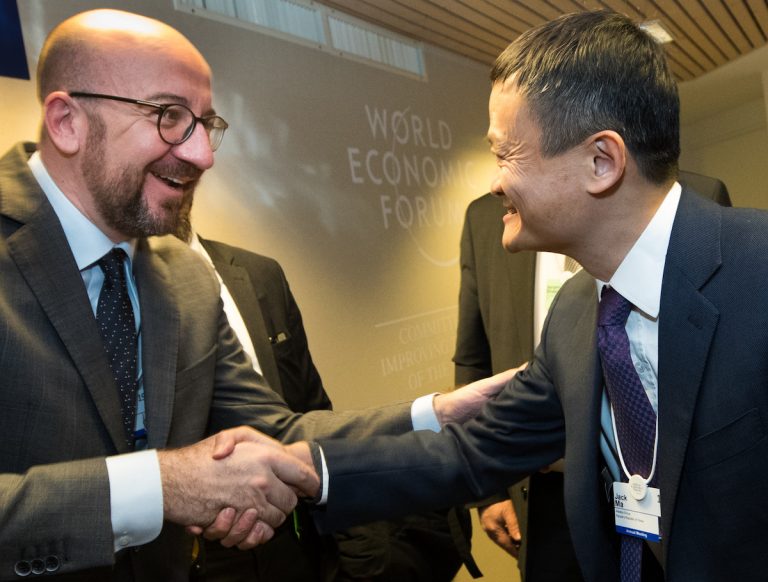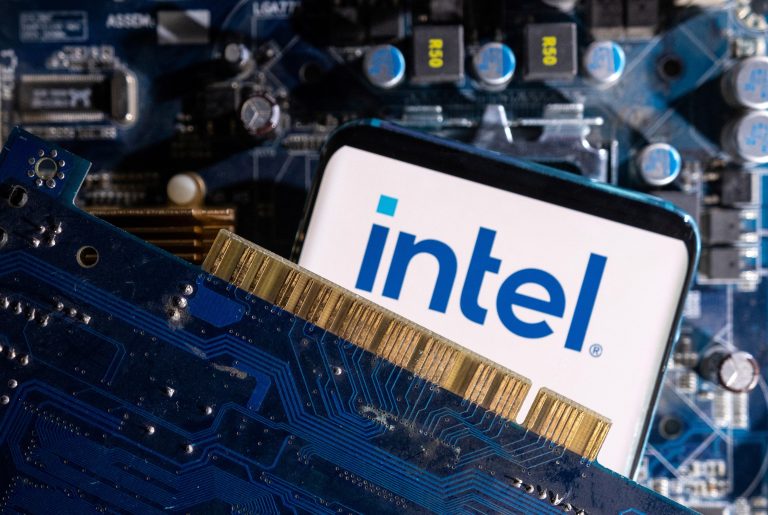Chinese spies may have free access to critical information in Belgium after the government allowed foreign investment by the Chinese Communist Party (CCP) in the Liege Airport through Jack Ma’s Alibaba, warns the country’s Justice Minister.
Belgian Justice Minister Vincent Van Quickenborne gave the bad news during a House Justice Committee hearing that Chinese intelligence agencies could gain access to sensitive information through Alibaba because all China-based companies are mandated by law to give the Communist Party unequivocal access to their data.
Alibaba uses the Liege airport as a distribution hub for its wares throughout Europe.
At the hearing, Van Quickenborne told MPs that all Chinese businesses are required to cooperate with the CCP, referencing the regime’s 2017 National Intelligence Law, which mandates the Party be given unequivocal access to all companies’ data, including data obtained in operations outside of China.
The Minister also brought attention to another CCP law passed in 2016 that allows CCP intelligence agents to keep a copy of all data passing through any Internet company.
Success
You are now signed up for our newsletter
Success
Check your email to complete sign up
“Alibaba also has to obey the Chinese security apparatus in the event that the latter wishes to have access to potentially sensitive commercial and personal data held by Alibaba in the context of its activities in Liege,” Van Quickenborne told the MPs as reported by Brussels Times.
“This interest is not limited to intelligence and security purposes but can be viewed within a broader political and economic framework.”
Tiffany Lung, an independent retail analyst based in Hong Kong told The Guardian, “Speed within the western region is the only thing Amazon has an upper hand with against Alibaba, but this is also why Alibaba has been strenuously investing in building up a global logistics hub.”
“Supposedly with their new freight route, items from China can arrive in Europe quickest within three days, cutting the industry average by a third.”
At the hearing, Van Quickenborne said future economic importance of the Liege airport to China should not be underestimated given that the communist nation has been heavily reliant on freight transport since the hype around the coronavirus outbreak began. He also said Beijing has plans to set up 215 airports by 2035.
In October 2020, the European Union adopted new rules on screening foreign investment. Each member state is supposed to establish a point of contact to examine deals based on how they may affect public order and national security. Van Quickenborne says Belgium is yet to establish such a mechanism, however.
The Minister said that Belgium must now decide as to what extent it can accept the risk associated with large investments from Chinese companies, which by extension, also includes CCP authorities.
Van Quickenborne’s comments come as the EU seems to have given up on ratifying its investment deal with China, according to an AFP report. EU Commission Vice President Valdis Dombrovskis said the “environment is not conducive to ratification of the agreement” given that both the EU and China have placed sanctions on each others’ officials.
Meanwhile, the Alibaba logistics hub at Liege airport is facing opposition from locals. Politico cites a movement called Watching Alibaba, which doesn’t want the company operating in its community because it is jamming postal centers, causing air pollution, snarling traffic, and more“I don’t want to live in a city where everybody is unable to sleep properly because of thousands of planes flying over us every night…At the very least, we demand a stop to the development of the airport,” François Schreuer, a founding member of Watching Alibaba told Politico.















